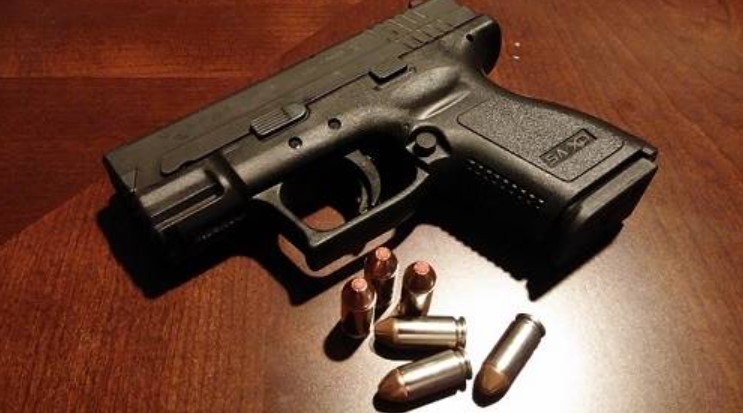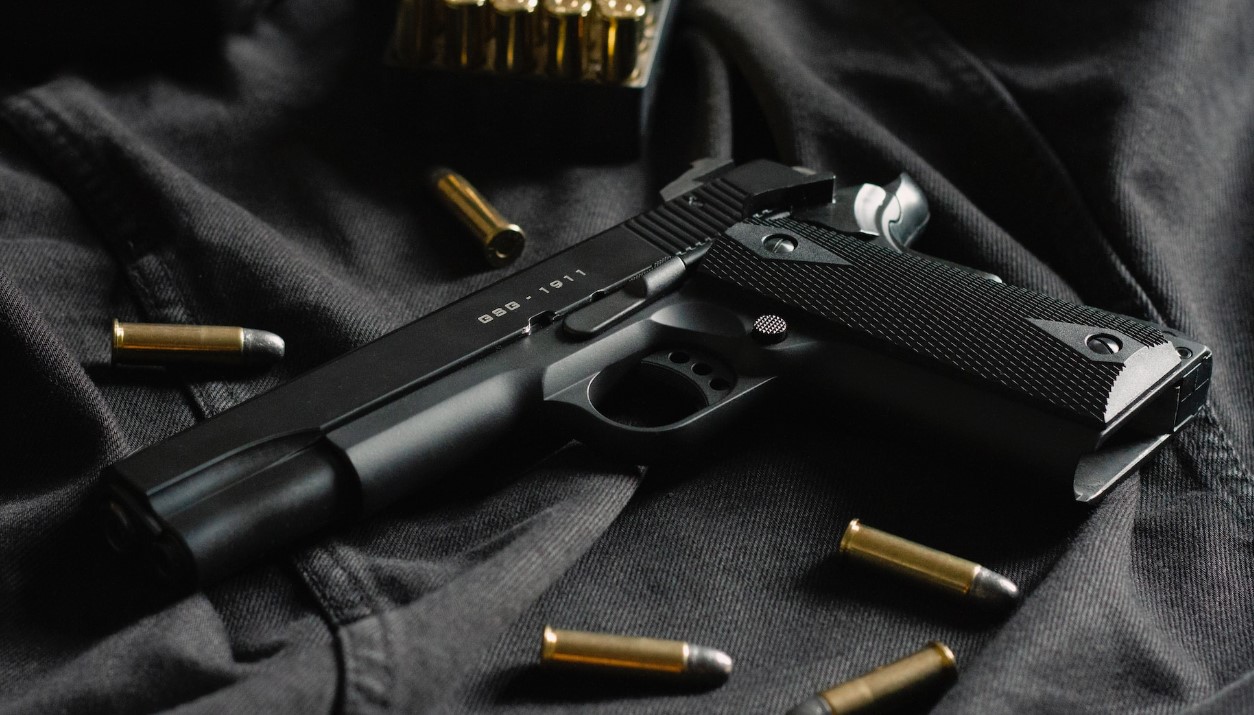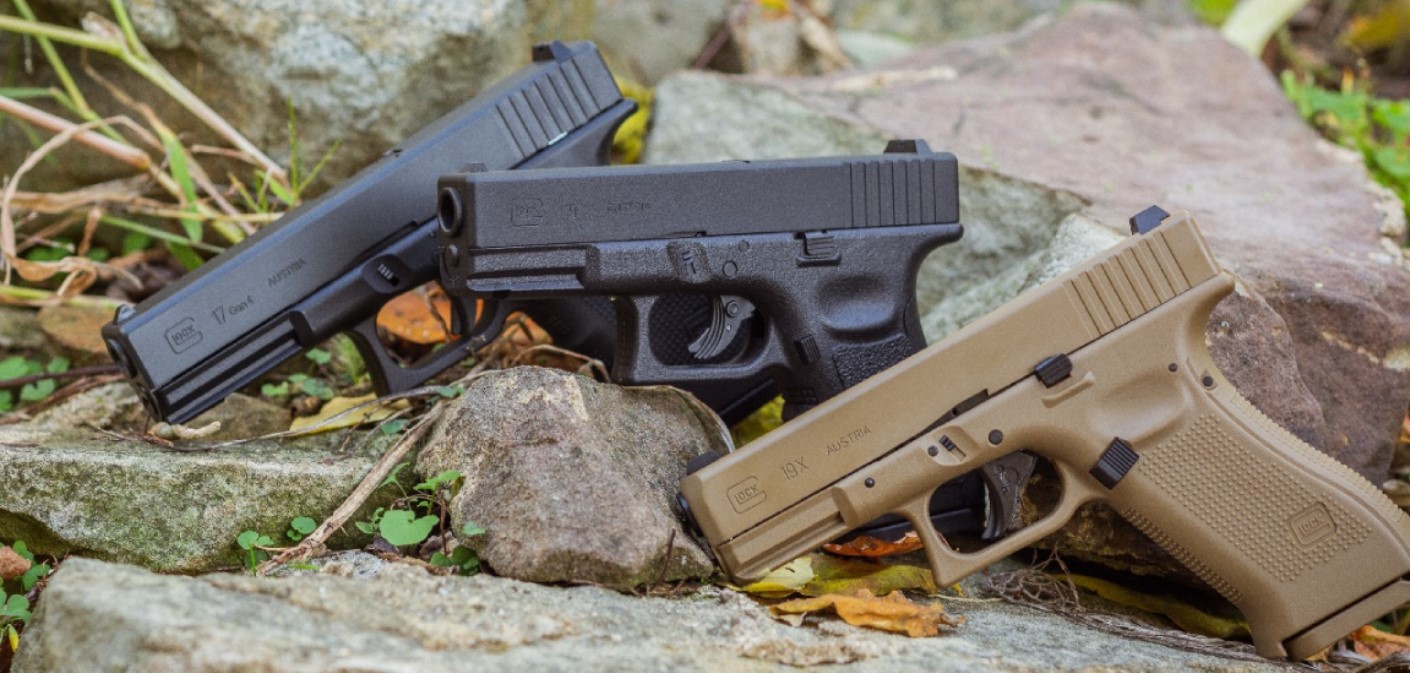Can you have a loaded gun in your house in Canada? In Canada, firearm ownership is legal and regulated. However, there are strict guidelines regarding the storage and handling of firearms, including handguns, to ensure public safety. This article dives into the legalities and safe practices surrounding keeping a loaded gun in your house in Canada. Follow Theselfdefensetool.com!
Canadian Law on Storing Firearms

Canada’s Firearms Act and the Storage, Display, Transportation and Handling of Firearms Regulations dictate the rules for firearm storage. Here’s a breakdown of the key points:
- All firearms must be unloaded when stored: This applies to all classifications of firearms, including rifles, shotguns, and handguns (restricted firearms).
- Secure storage is mandatory: Firearms must be secured in a locked container, room, or rendered inoperable with a trigger lock or by removing the bolt.
- Ammunition must be stored separately: Ammunition should be kept in a separate locked container from the firearm.
Can you have a loaded gun in your house in Canada?
No, you cannot have a loaded gun in your house in Canada. Canadian law dictates that firearms must be stored unloaded.
- Loaded firearms are generally prohibited inside a residence in Canada.
- All firearms, regardless of classification (restricted, non-restricted, prohibited), must be stored unloaded.
- Secure storage methods include locked containers, trigger locks, or disabled bolts.
- Exceptions may exist for specific situations like target practice or hunting within the property (refer to local regulations).
Can you carry a handgun on your own property in Canada?

In Canada, you generally cannot carry a handgun on your own property, even for self-defense. Here’s a breakdown of the regulations:
- Handguns are classified as restricted firearms: This means they require a Possession and Acquisition Licence (PAL) just to own them.
- Restricted firearms must be unloaded and in a locked container while being transported or stored: This applies on your property as well.
There are some exceptions, but they involve permits:
- Authorization to Carry (ATC): This permit allows you to carry a restricted firearm for specific purposes, but it likely wouldn’t apply to general carrying on your property.
>>> Click Is Killing Someone In Self Defense Legal In Oklahoma?
Why Can’t You Keep a Loaded Gun in Your House?
The law prioritizes safety by preventing accidental discharges or unauthorized access to firearms. A loaded gun readily available increases the risk of:
- Accidental shootings: In a moment of stress or confusion, an unsecured loaded gun can lead to unintentional discharge, causing serious injury or death.
- Thefts: Break-ins can result in stolen firearms used for criminal activity.
- Improper use by unauthorized persons: Children or individuals unfamiliar with firearms can gain access and cause harm.
Safe Alternatives for Home Defense
While self-defense is a legitimate concern, there are safer alternatives to keeping a loaded gun at home:
- Secure your home: Install strong doors, proper locks, and consider security systems.
- Pepper spray or personal alarms: These non-lethal options can deter attackers and provide time to call for help.
- Weapon training: If you choose to own a firearm, take safety and handling courses to ensure responsible use.
Important Considerations
- Transportation: Even when transporting a firearm within your property, it should be unloaded and secured in a case.
- Self-defense and the law: Using a firearm for self-defense is a complex legal situation. It’s crucial to understand the legal principles of self-defense and the potential consequences.
In Canada, keeping a loaded gun in your house is illegal and poses safety risks. Safe storage practices and alternative security measures promote a responsible approach to firearm ownership and a safer environment for everyone.
>>> Click Is It Legal To Carry A Knife In Philippines For Self Defense?





